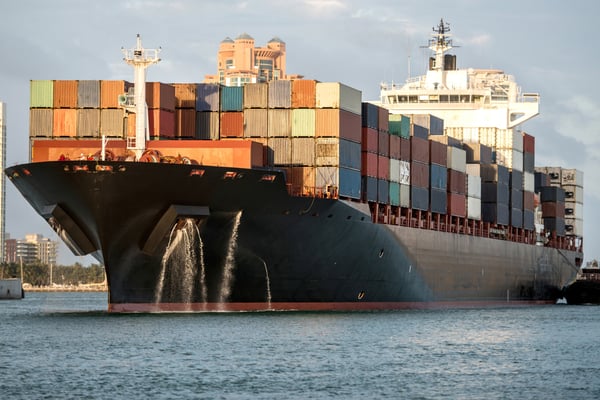

Yes. Shipowners are required to provide injured seamen with prompt and adequate medical care.
If a seaman gets injured while working on a vessel he or she would expect that his employer would help him get the proper medical treatment fast enough to help treat the injury. But what happens if the shipowner drags their feet getting the seaman help or worse the medical treatment they do provide is substandard? Fortunately, the courts have consistently held that the failure of a shipowner to provide prompt or adequate medical care is legally actionable.
What is prompt medical treatment?
There are no firm limits to when a shipowner must provide prompt treatment. Because of this, the courts will look at the surrounding circumstances regarding what medical treatment is available at the time of the injury. If a seaman is seriously injured in the Gulf and there is no doctor on-board but there is a helipad on the boat, the shipowner would likely need to use a helicopter if the seaman’s injuries are life-threatening. However, if the seaman is stable but injured a crew boat removal could be considered prompt even if the boat is far offshore.
The essence of prompt medical treatment in the eyes of the law is whether the shipowner acted in a way that would work to minimize the injury to the seaman and if those actions were actions an ordinary reasonable person would do.
What happens when medical treatment is inadequate?
Shipowners are also liable for the medical treatment they provide to a seaman if that treatment is inadequate. This can come through two channels, either the medical treatment is provided on-board the vessel by the ship’s doctor or there is an on-shore doctor that the shipowner arranged to treat the seaman. The shipowner is only liable, however, if they knew or at least should have known the treatment being provided is inadequate.
For example, if a seaman had a metal sliver in his eye and the shipowner takes him to a general practitioner who accidentally blinds the seaman, the shipowner could be liable. If an ophthalmologist was available to treat the seaman but the shipowner did not pursue this treatment the treatment would certainly be considered inadequate.
Similarly, if the shipowner allows the on-board doctor to treat a seaman experiencing something severe like a stroke, the shipowner has likely provided inadequate treatment. Unless the on-board doctor has special training for emergency treatment of strokes his skills would not be up to snuff for helping the seaman. Because the on-board doctor is hired by the shipowner they can be held liable for the doctor’s inadequate or harmful treatment.
So, shipowners have a duty to provide seamen under their employ adequate and prompt treatment and if they do not then they can be liable to the seaman for the injuries he or she suffered and the damages that result from those injuries.
Are you a Jones Act Seaman?
Under the Jones Act, “seamen” are entitled to compensation for their medical care, lost wages, and potentially other financial damages if you are injured at work or suffer an occupational illness. Click here to find out if you are a Jones Act Seaman. If you or a loved one believes they have been wronged by a shipowner after sustaining injuries on the job you may be entitled to compensation under the Jones Act. Click here for a free consultation with a Maritime Attorney or call 877-724-7800 today.

